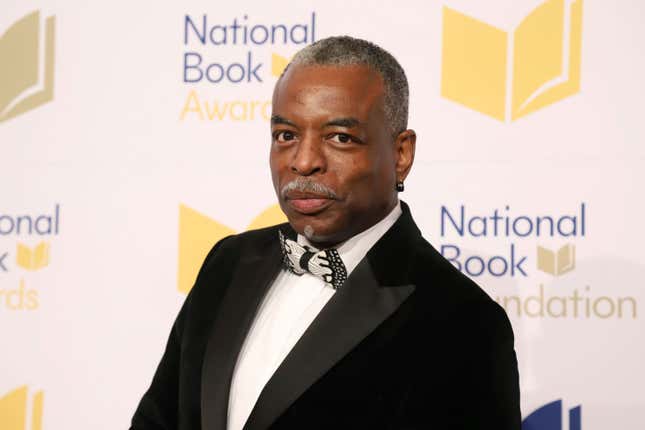
On the first day of this new year, LeVar “Kunta Kinte” Burton told all of Twitter that he wouldn’t tolerate any racial gaslighting in the new decade. The acclaimed actor, author and advocate released the first installment of This is My Story, a video series where he shares individual stories that capture some of the racist experiences most Black people in the U.S. “have in common.” On Twitter, Burton wrote:
“I’ve been thinking a lot lately about the state of race relations in America. One thing I learned from the success of ROOTS (if you don’t know, you better ask somebody) 42 years ago, was the power of storytelling as a way to bridge the gap between races … Like ROOTS did so long ago, my intention in sharing these stories is to provide anecdotal context for being Black in America.”
In This is My Story, viewers can witness Burton masterfully deliver stories about racism throughout the U.S., combining the adroitness of a seasoned thespian with the heart of an impassioned activist. The first six videos detail six unique yet equally painful stories about racism in the Good Ole U.S.A.—from Burton’s experiences continuously being racially profiled by Los Angeles police officers while a student at the University of Southern California, to a young boy’s story of being spit on by a “grizzled old white man” in a fast-food restaurant in Georgia.
In the series, it’s clear Burton isn’t just a storyteller; he’s carrying the stories and their residual pain inside of him. The project is his invitation to America to see itself through the lenses of Black folks, whose daily experiences of racism outnumber the grains of sand on the Atlantic seashore.
Burton also calls Americans to action, writing: “It is not enough to simply abstain from racist behavior. Calling racism out in condemnation, is part of the price of [privilege].”
Through the six videos and accompanying Twitter thread, Burton gingerly yet emphatically invites the country to look at its members with honesty:
Unless you have walked the walk of the African American experience in this country, it is difficult—not impossible—but difficult, to know what that journey is on the daily. Trust me when I say, being Black in America is not for the weak of heart.
Neither is it for the weak in Spirit. For, being Black in America oftentimes means living in and loving a country, that does not love us back. You may take exception to my premise but you cannot discount my experience.
Although black folks need not watch the series to either understand or validate our lived experiences, it’s a great resource for those who still don’t get. It’s also a great watch for any performing arts connoisseurs who want to witness the Emmy, Grammy, and NAACP award-winning LeVar Burton do his thang for the culture.

